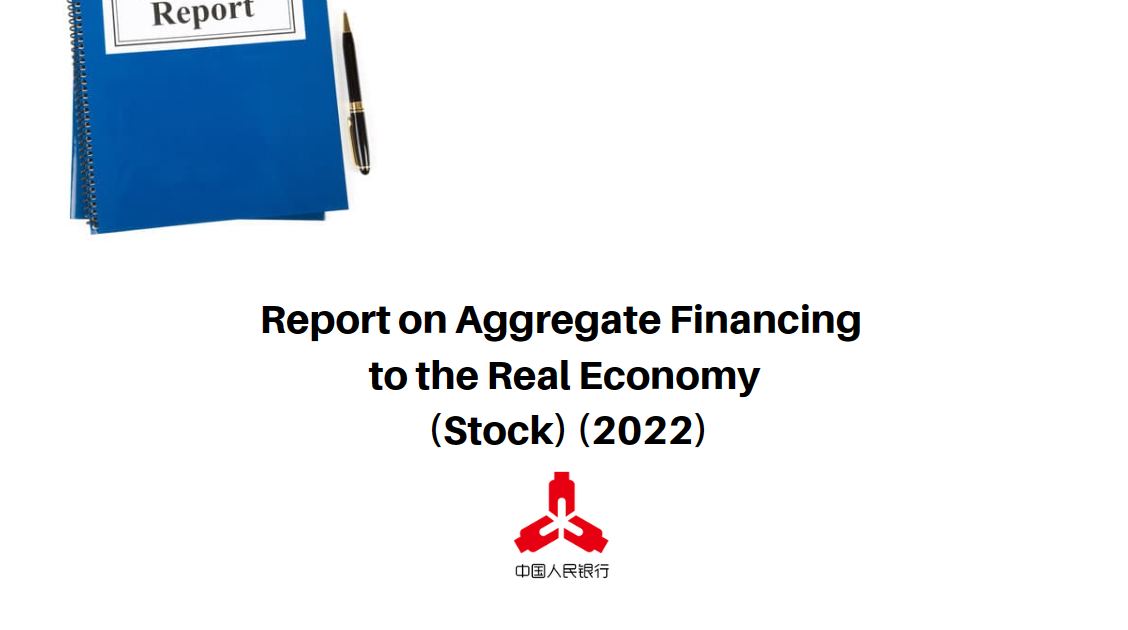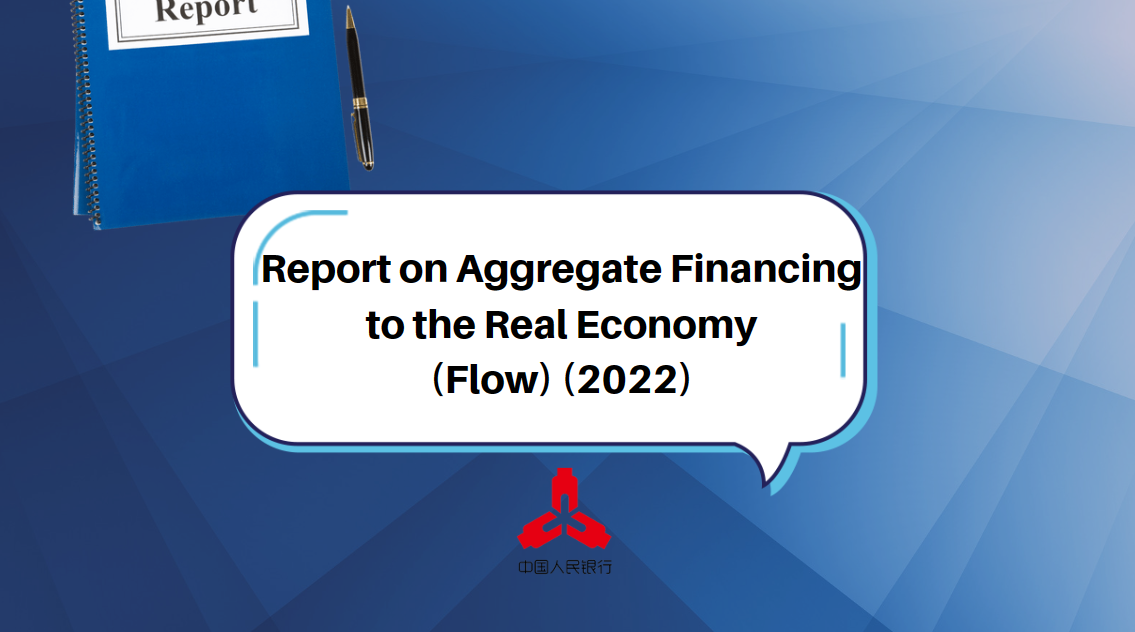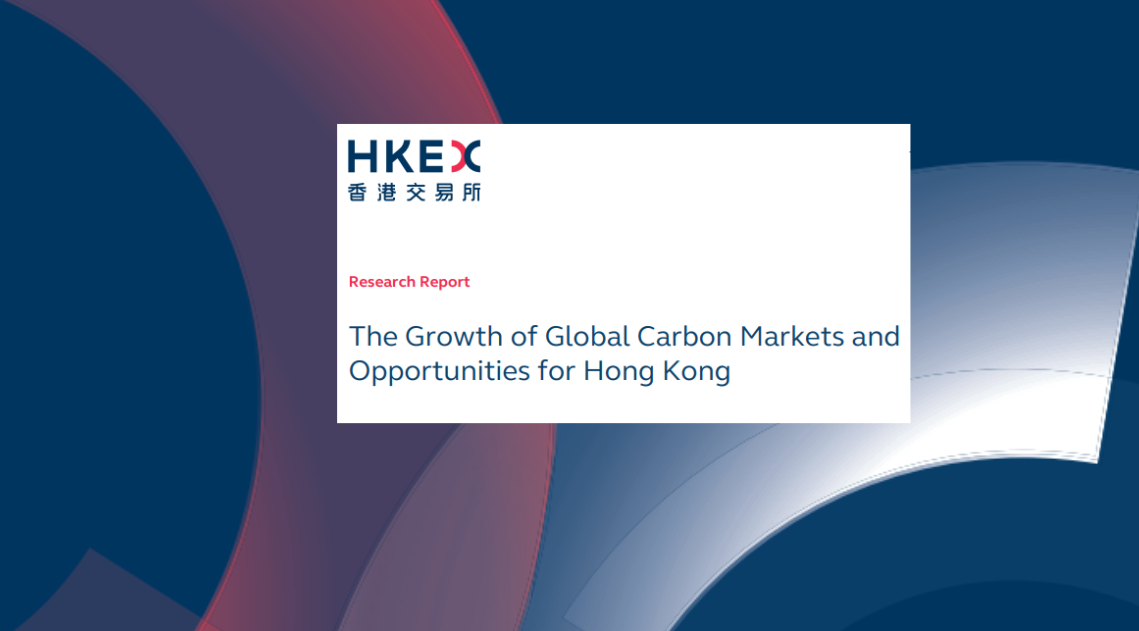2022 IFC Annual Report
Download file → 2022 IFC Annual Report
On 9 January 2023 the BIS All Governors’ meeting approved the publication of the 2022 Annual Report of the Irving Fisher Committee on Central Bank Statistics (IFC). It provides a brief update on the IFC’s governance and a review of its main workstreams, including planned initiatives.
Executive summary
As a global network that discusses and develops statistical issues of interest to central banks, the IFC now has 98 members and is an affiliated member of the International Statistical Institute (ISI). It is chaired by Pablo García, Vice Governor of the Central Bank of Chile.
One notable feature last year was the decision to host the central bank network on historical monetary and financial statistics (HMFS) under the IFC umbrella. This group brings together central bank statisticians and academic experts to focus on long-run historic monetary and financial data that are relevant to policymakers.
Another important development for the Committee was related to the international cooperation framework under the Data Gaps Initiative (DGI) endorsed by the G20. The IFC has continued to actively support the remaining work decided in response to the Great Financial Crisis (GFC) of 2007–09 and to help to coordinate national work on financial data sets. It is also contributing to the new phase of the DGI initiated in 2022 that calls for better data to understand climate change, income and wealth, financial innovation and inclusion, and access to private and administrative data and data-sharing, to make official statistics more detailed and timely.
In addition, IFC member central banks and the BIS have been actively participating in the ongoing revision of the international statistical manuals (covering the System of National Accounts (SNA) and balance of payments (BPM)) and supporting the global legal entity identification (LEI) system and the Statistical Data and Metadata eXchange standard (SDMX).
The main areas covered by the IFC last year, thanks to the support of its member central banks, the ISI and a number of international organisations, centred on:
• Post-pandemic landscape for central bank statistics: the Committee continued to update its web page for Covid-19 statistical resources, which details related official projects and relevant experiences. Moreover, the IFC 11th biennial Conference held in August 2022 was an opportunity to reflect on the new normal for official statistics looking forward.
• Managing (big) data: the IFC furthered its analyses of the use of big data in central banks and on the contribution that machine learning (ML) in particular can make. In addition, the Committee has set up recurrent workshops on “Data science in central banking” to review developments in the big data ecosystem and the ongoing adoption of data analytics.
• Governance of official statistics including communication issues: the Committee has promoted the establishment of strong data governance IFC Annual Report 2022 2/13 standards and co-organised with Banco de Portugal a conference focusing on communication in official statistics. • Fintech: IFC work has continued to document how fintech is transforming the financial landscape, creating a number of challenges for statisticians. The Committee also participated in the related global consultation on the revised structure of the International Standard Industrial Classification.
• Sustainable finance: the IFC has launched a number of initiatives on sustainable finance, including a publication in 2022 on the development of statistics in the environmental, social and governance (ESG) area.
In 2023, the IFC will continue to promote knowledge-sharing and international cooperation on statistics-related methodologies, initiatives and training, reflecting the important role played by central banks in the production of official statistics. To this end, the eBIS-restricted network on statistical methodological issues has been complemented by the launch of a dedicated public IFC knowledge centre webpage that includes guidance notes and related methodological and training information.
In addition, the Committee will further its work in the various areas outlined above, and a number of events will be organised in this context with the support of the central banks of Canada, Italy and South Africa. A major one will be the ISI’s 64th biennial World Statistics Congress (WSC) in Canada.






















































First, please LoginComment After ~